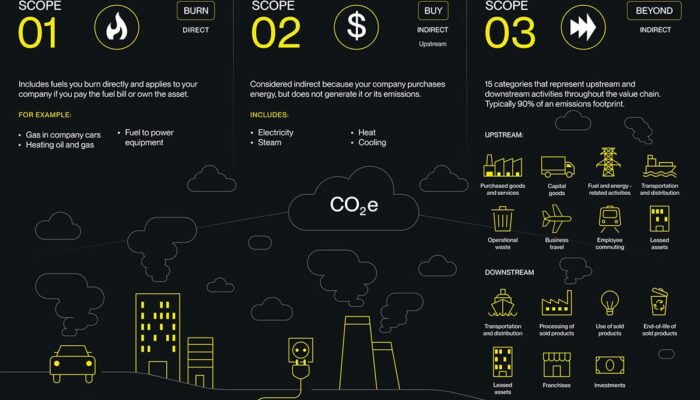POLICY UPDATE: California SB 253 – The Climate Corporate Data Accountability Act
On September 12, the California State Legislature passed a bill sponsored by State Senator Scott Wiener of the 11th Senatorial District in San Francisco and San Mateo Counties requiring California manufacturers to undertake extensive reporting of Scope 1, Scope 2, and Scope 3 emissions.
In a Press Release on the State of California Senate website, Sen. Wiener said, “SB 253 is a first-in-the nation measure to require all large corporations that do business in California to publicly disclose their greenhouse gas (emissions) in line with the Greenhouse Gas Protocol, the longstanding gold accounting standard established by the environmental and business communities…By requiring this disclosure, the public, investors, and others will better understand which corporations are walking the talk when it comes to climate action.”
In a statement of September 12, the President of the California Manufacturing & Technology Association (CMTA), Lance Hastings stated “to comply with SB 253, manufacturers will spend millions of dollars to fulfill the legislation’s requirements. The uncertainty and unreliability of this data and the processes required to comply with the legislation will not produce complete, accurate, or comparable disclosures. Instead, manufacturers should continue to improve our processes and identify technologies in partnership with government and academia that will advance emission reductions.”
According to the Greenhouse Gas (GHG) Protocol, these emissions are defined as:
- Scope 1: direct emissions from sources owned or controlled by a company (e.g. gas in company cars, fuel to power equipment, heating oil and gas for self-generation)
- Scope 2: indirect emissions from purchased electricity, steam, heat, and cooling (e.g. electricity, steam, heat, and cooling)
- Scope 3: all other emissions associated with a company’s activities upstream and downstream (typically 90% of an emissions footprint. e.g. purchased goods and services, transport and distribution, leased assets, employee commuting and business travel, operational waste, use of sold products, end-of-life of sold products, franchises, and investments). Further guidance is available on the GHG website at this link, and a calculation tool is available at this link.

Source: “What Are Scope 1, 2, and 3 Emissions,” Sustain.life, 26 May 2023
The bill presently applies the reporting requirement to manufacturers making $1B+ in revenues doing business in the State, but under Scope 3, smaller manufacturers and other non-manufacturing businesses working with reporting manufacturers may still feel an indirect impact as the reporting manufacturers will have to report on emissions activity from within their supply chain both upstream and downstream. In this way, small manufacturers or other businesses that service manufacturers may still be asked for emissions data concerning their business.
The Manufacturers’ Council of the Inland Empire is a 501(c)3 industry organization and as such takes no political stance on SB 253 and has produced this statement solely for informative purposes for its membership. It however may inform on matters of policy in a non-partisan manner and encourage participation in the political process.
Both houses of the Legislature have already passed the bill, and the bill currently rests with the Office of the Governor, after which it is enacted into law. Should the reader wish to comment on SB 253 either for or against, at this stage any comment should be directed to the Office of the Governor.

